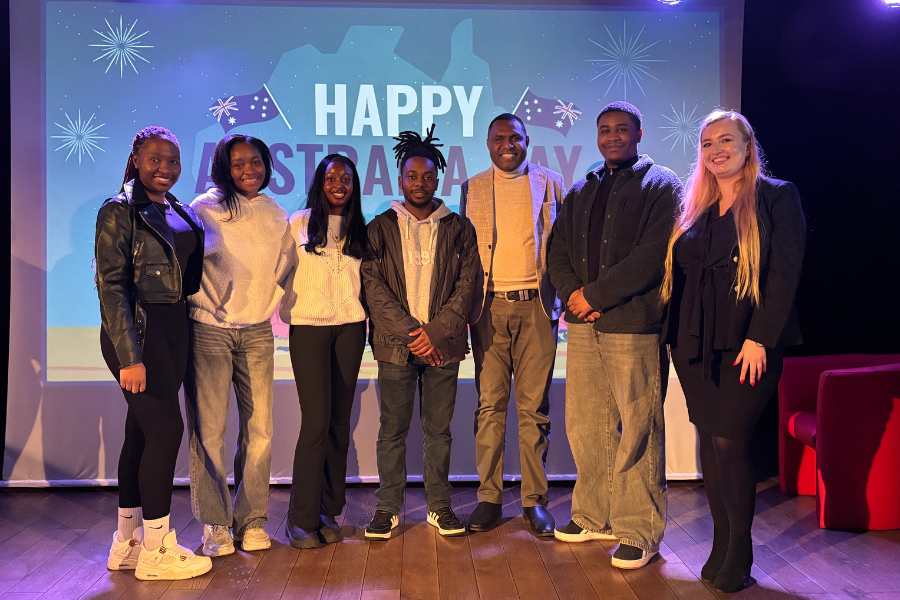The rapidly evolving digital world has made information literacy a requirement in both education and private life. This topic will be discussed during the conference summarizing the international course „Intercultural Perspectives on Information Literacy and Metaliteracy”, attended by UITM students.
The knowledge of how to apply information covers many topics, including the role of Google as the guardian of information, supervision, and protection of data on the Internet or the impact of search engine algorithms on the use of information. In addition to topics related to the use of information, the conference will also present the results of the work of students who take part in the international course „Intercultural Perspectives on Information Literacy and Metaliteracy”.
The conference will take place on February 25 from 2 PM- 6 PM and will be online. You can register for the event HERE.
The current, 13th edition of the course is attended by about 50 students and 8 teachers from 6 different institutions such as Symbiosis College of Arts & Commerce (Pune, India), State University of New York (USA), SUNY Empire State College (USA), University of Sarajevo (Bosnia and Herzegovina), University of Hildesheim (Germany) and University of Information Technology and Management (Rzeszow, Poland). The course aims to support intercultural learning by providing space to work in international teams. Each team is assigned one topic in the area of literacy and meta-literacy – key skills in the world of information overload about hyper digitization.
According to Justyna Berniak-Woźny, Ph.D., Director of the Office for Mobility and International Projects, for students of the UITM, participation in the course is an opportunity to establish numerous international contacts, learn about different education systems and develop competencies in working in multicultural teams. The subject of the course itself, i.e. literacy and meta literacy, is a complex concept that allows you to look at contemporary trends, social changes, and information society competencies from different perspectives. Working on given topics is also an opportunity to develop research skills needed by students at every stage of education and further professional development – adds Justyna Berniak-Woźny.


